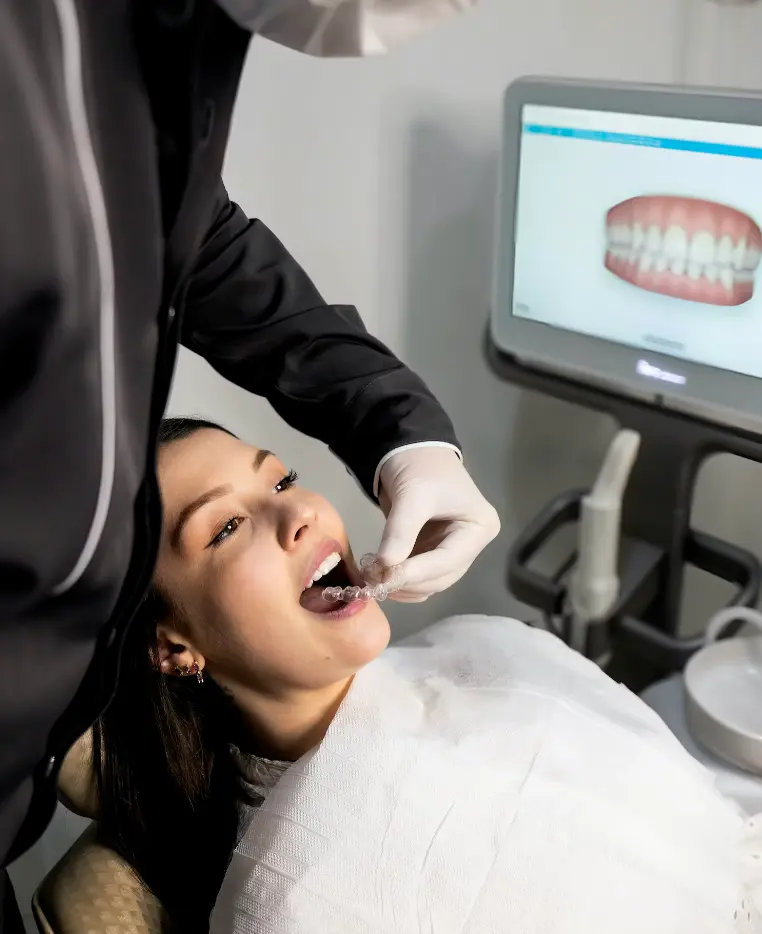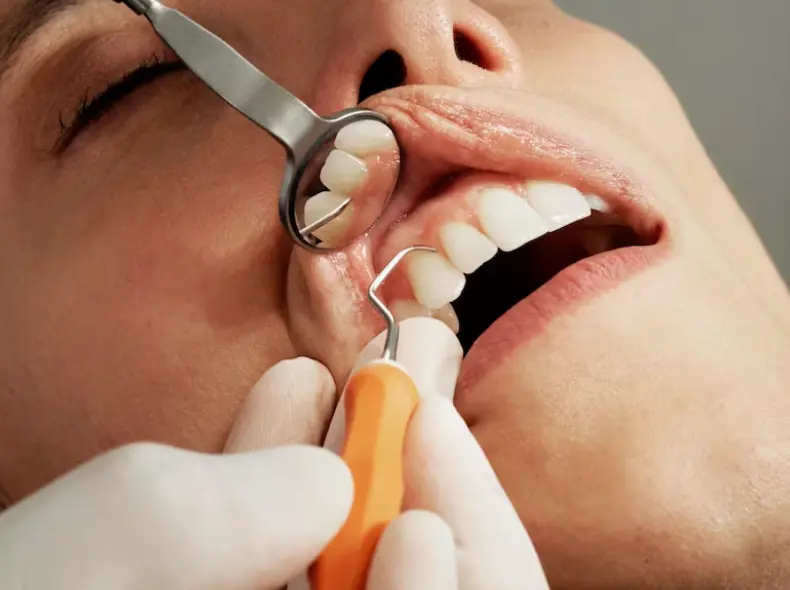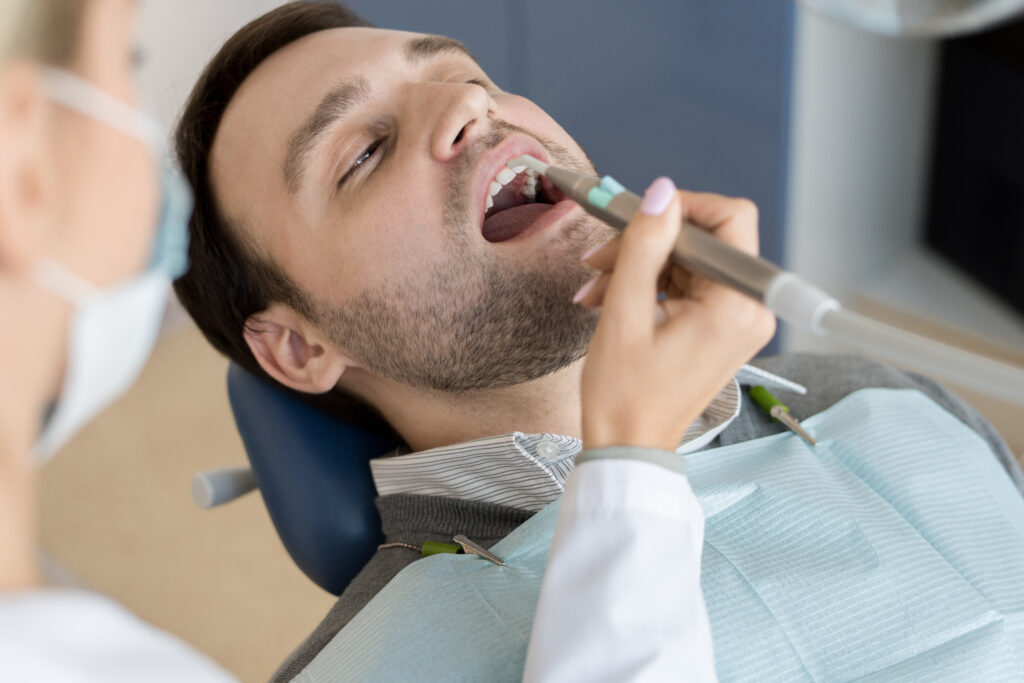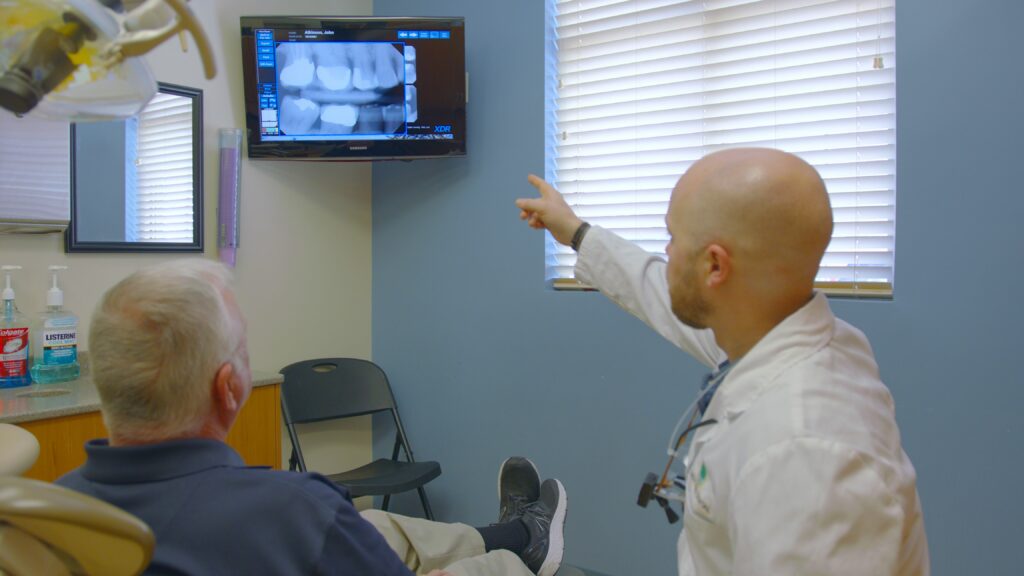Experiencing discomfort or pain from dentures can be a common issue, especially during the initial adjustment period. To make your dentures stop hurting, there are a few steps you can take. First and foremost, ensure that your dentures fit properly. Ill-fitting dentures can cause sore spots and irritation. If you notice any discomfort, it is crucial to visit your dentist for an adjustment or realignment. They can make the necessary modifications to ensure a better fit. Additionally, practicing good oral hygiene is essential. Clean your dentures thoroughly using a denture brush and soak them in a denture cleanser overnight. This will help remove any bacteria or debris that may be contributing to the discomfort. Moreover, you can try using a denture adhesive. Applying a small amount of denture adhesive can provide extra cushioning and stability, reducing friction and soreness.
How Long Before My New Dentures Stop Hurting?
The duration of discomfort from new dentures can vary from person to person. Generally, it takes a few weeks for your mouth to adjust to the new dentures, and the soreness gradually subsides during this period. Initially, you may experience sore spots, increased salivation, and some difficulty speaking or eating. However, these symptoms should improve as your mouth gets accustomed to the dentures.
It is crucial to follow your dentist’s instructions and wear your dentures regularly, even if they cause discomfort. This will help your oral tissues adapt to the prosthesis faster. If the pain persists or worsens after several weeks, it is advisable to consult your dentist to ensure there are no underlying issues and to make any necessary adjustments to your dentures. Remember that each individual’s experience may vary, so be patient with the adjustment process.

Why Do My Gums Hurt Under My Dentures?
Experiencing gum pain under dentures is a common issue, especially if the dentures are not fitting properly or if they are worn for an extended period. Ill-fitting dentures can rub against the gums, causing friction and soreness. Furthermore, wearing dentures that are too tight can also lead to gum discomfort. It is crucial to have regular dental check-ups to ensure that your dentures fit properly and to address any potential issues promptly. Moreover, if you have experienced bone or gum loss, it can affect the fit of your dentures and cause discomfort. In such cases, your dentist may recommend additional treatments, such as relining or adjusting your dentures or considering implant-supported dentures for a more secure fit.
What Do Denture Sores Look Like?
Denture sores, also known as denture ulcers or denture stomatitis, can manifest in various forms. These sores often appear as red or white patches on the oral tissues beneath the dentures. They can be painful and cause discomfort while eating or speaking. Denture sores can also lead to inflammation and infection if not addressed promptly. It is important to regularly examine your mouth and oral tissues for any signs of sores or irritation. If you notice any abnormalities, it is recommended to consult your dentist for a proper diagnosis and treatment. They can help identify the cause of the sores and provide appropriate measures to alleviate the discomfort and promote healing.
How Do You Heal A Denture Sore Fast?
If you have developed a denture sore, there are a few steps you can take to promote fast healing. First, it is crucial to remove your dentures and give your oral tissues a break. Avoid wearing your dentures until the sore has healed to prevent further irritation. Rinse your mouth with warm saltwater to alleviate pain and reduce inflammation. Saltwater acts as a natural antiseptic and can aid in the healing process.
Additionally, you can apply a topical oral gel or ointment specifically designed for denture sores. These products often contain ingredients that help soothe the affected area and promote healing. However, it is essential to consult your dentist before using any over-the-counter remedies to ensure their suitability for your situation. They may also prescribe medication or recommend specific treatments depending on the severity of the sore.

Conclusion
Dealing with denture discomfort and sores can be a challenging experience, but with proper care and attention, you can find relief and improve your overall comfort. Remember to consult your dentist if you experience persistent or worsening pain to address any underlying issues promptly. Regular dental check-ups are crucial to ensure that your dentures fit well and to catch any problems early on. By following proper oral hygiene practices and seeking professional guidance, you can minimize discomfort and promote faster healing. Ultimately, with patience and the right support, you can enjoy the benefits of well-fitted and comfortable dentures.







